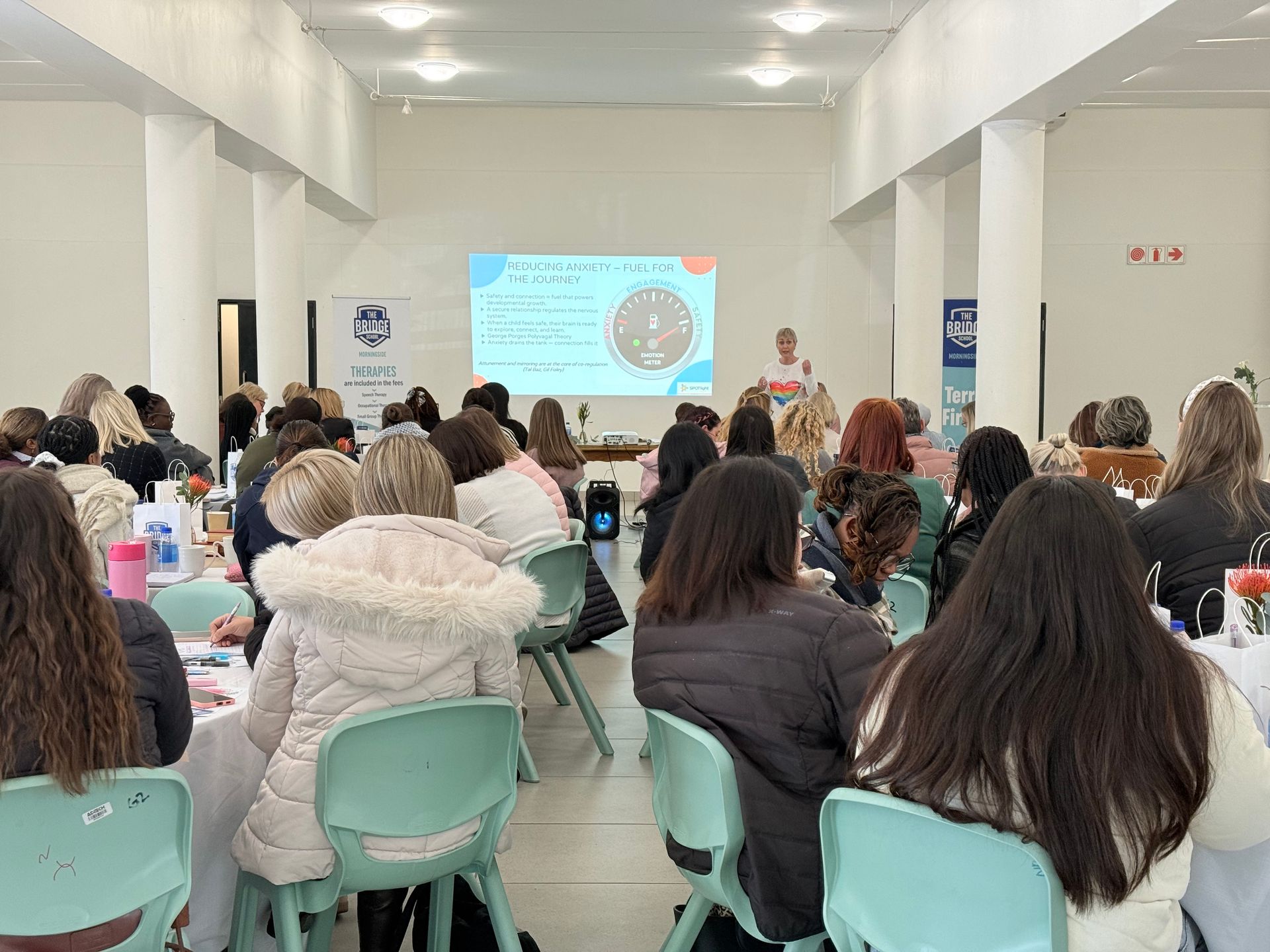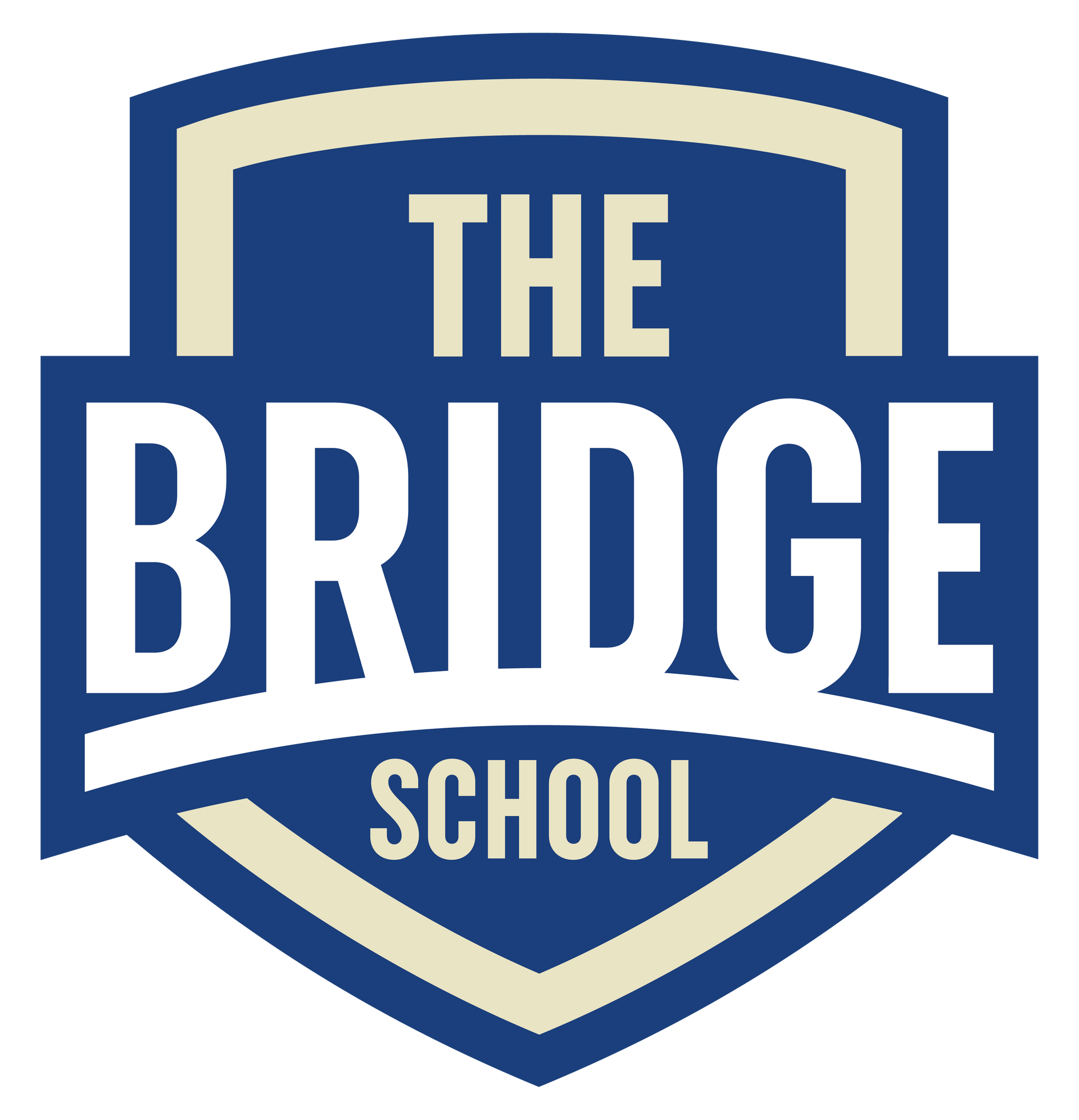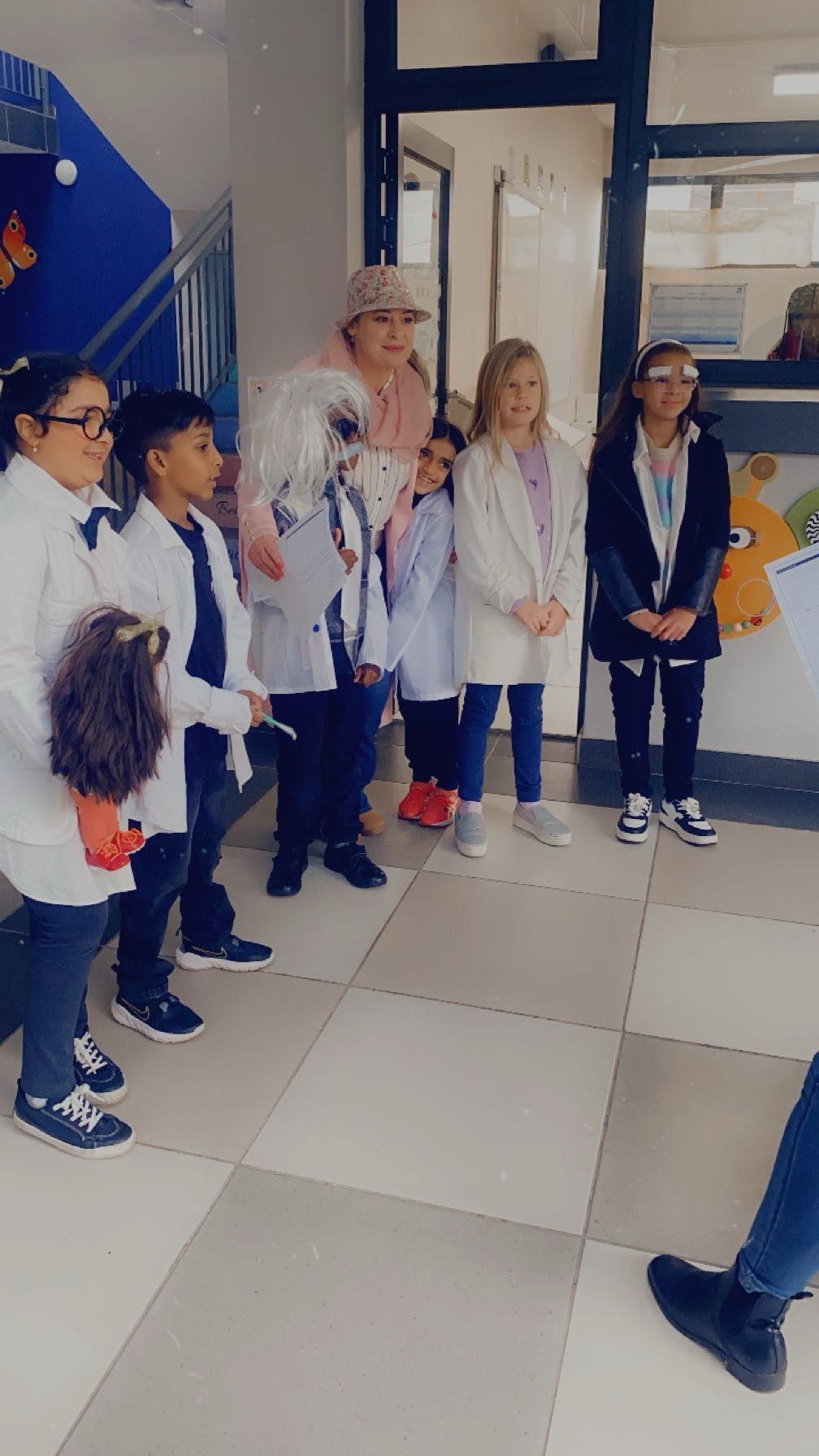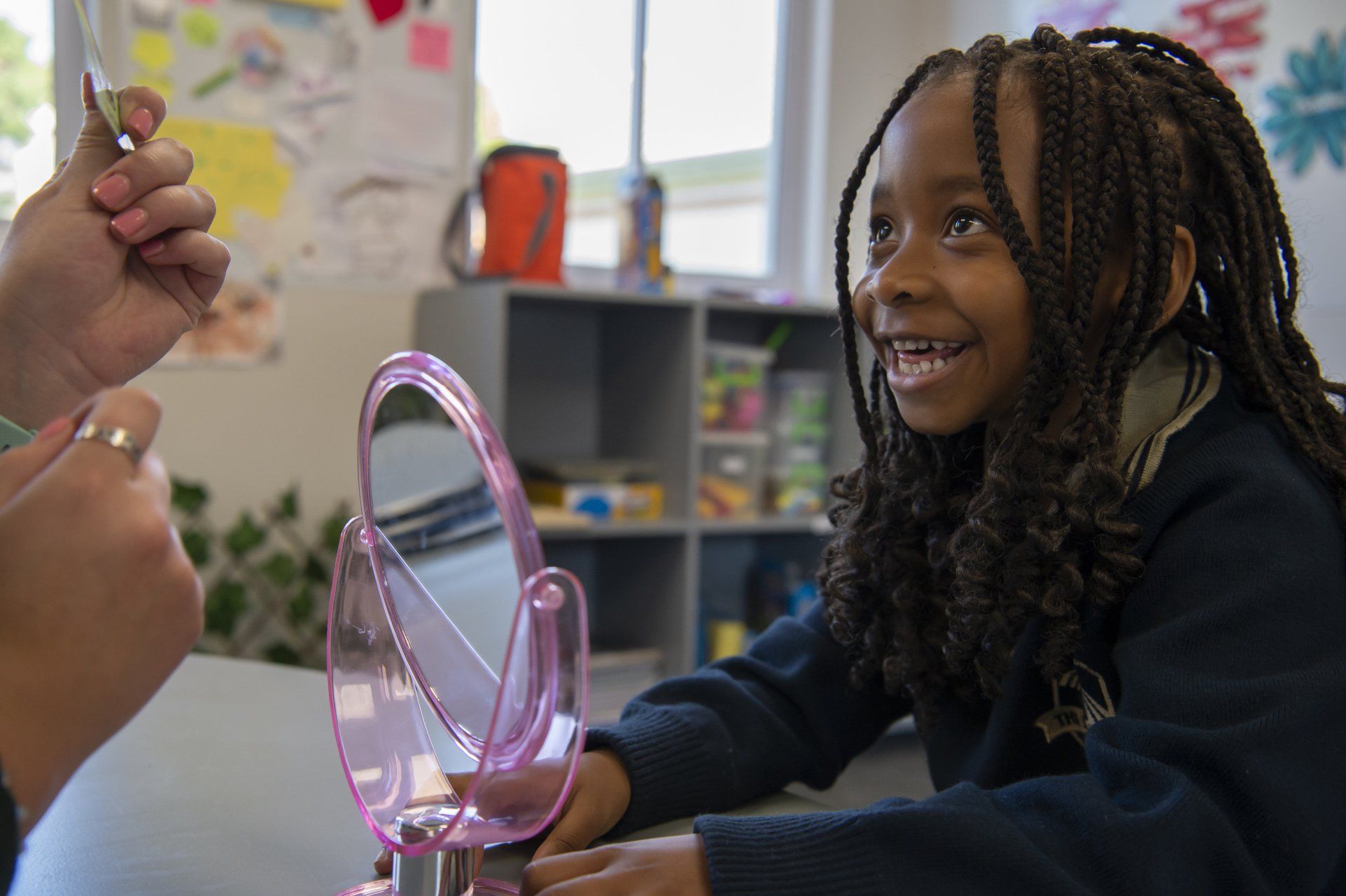Parental Involvement
This is a subtitle for your new post

Parents and guardians play a vital role in the overall development and academic growth of their children during their educational journey. However, in today's world, despite an increased need for parental support and involvement, many parents find it challenging to fulfil this role due to various reasons including, but not limited to, time constraints, lack of knowledge about modern school curricula, and personal or work-related circumstances.
But parental involvement isn’t an all-or-nothing proposition – either one is part of a child’s journey or not – because there are various small ways in which a parent can become a valuable pillar of support and encouragement for their child, which can make a huge difference even with limited but consistent investments of time and effort, an education expert says.
“Parental involvement is essential for a child on all levels, including academic achievement, and it is undeniable that children whose parents or guardians support them in their educational journey have a stronger foundation for academic performance, positive learning experiences, and personal growth,” says Desiree Hugo, Academic Head: Schools Division at ADvTECH, SA’s leading private education provider.
“Nonetheless, and very understandably so, many parents struggle to strike a healthy balance between their daily obligations and work responsibilities while also providing the necessary support and encouragement their children need on their academic journey.
“Fortunately, being involved doesn't require parents to drop the other balls. Even small but consistent connections to School, can make a significant difference in their child's educational success and emotional wellbeing,” she says.
Maintaining open lines of communication is crucial, Hugo says.
“Parents should ensure that they receive and stay informed about all school communications. If any issues arise, prompt communication with the school can address these matters before they escalate into more significant challenges.
“Additionally, parents should engage in daily conversations with their child, to understand their experiences, both positive and negative. This simple practice requires minimal time but provides valuable insight into potential challenges, enabling parents to stay proactive regarding their child's performance and well-being while also staying connected to what is happening in their lives.”
Whenever possible, parents should participate in school activities and events. Where schools organise events such as parent-teacher conferences, school fairs and sports matches, making the time to attend these activities periodically, demonstrates interest in and appreciation for the importance of a child's educational journey and holistic development as part of a larger learning community.
Maintaining a positive attitude towards the educational journey is also essential, says Hugo.
Students benefit from having supportive structures in place as part of their daily routine that are conducive to learning. Parents can help create a positive atmosphere and should where possible provide a dedicated space for studying that is quiet and comfortable.
“Children often feel anxious and overwhelmed by their studies, making it crucial for parents to remain positive and encouraging, even during challenging times.”
“In addition to providing logistical support, parents should also help their children develop a growth mindset and a love for learning. Encouraging curiosity, creativity, and critical thinking, as well as assisting them in setting realistic and achievable goals, can foster their academic and personal growth.”
Celebrating progress and offering constructive feedback and guidance in the face of setbacks are more effective approaches than dwelling on failures, Hugo says.
“Regularly acknowledge and celebrate the child's effort and progress instead of focusing solely on outcomes and grades.”
Beyond facilitating improved academic and personal growth, parental involvement also lays the groundwork for stronger parent-child relationships.
“Even small acts of involvement can lead to enhanced academic performance, positive behaviour, higher self-esteem, and a closer bond between parent and child.”











